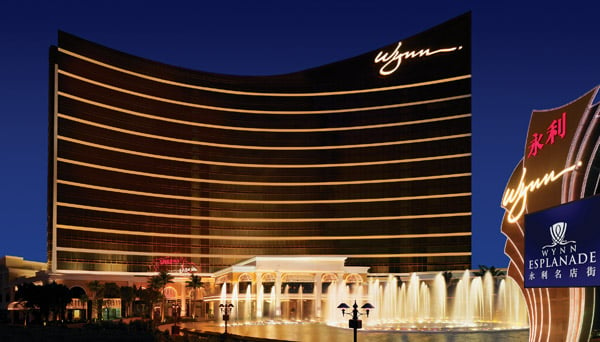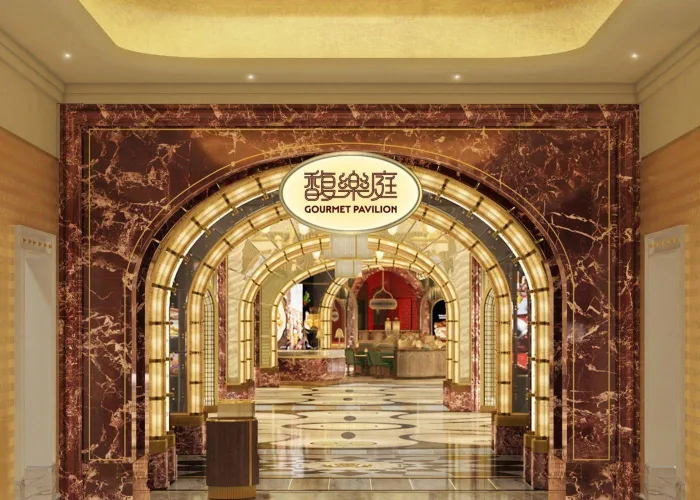
In early August 2025, Wynn Macau Ltd. announced a significant expansion of its revolving credit facility, securing an additional US $1 billion in senior unsecured financing—raising its total committed revolving facility to US $2.5 billion.
Tracing its origins to a mid‑September 2021 agreement—signed amid Macau’s pandemic-era shutdown—the facility originally stood at US $1.5 billion, with a pre-agreed option to expand by another US $1 billion. That extension option has now been exercised, firmly reinforcing Wynn Macau’s financial buffer going into the coming years.
Critically, the maturity for part of the facility had already been extended previously: in September 2024 Wynn pushed out the timeline from September 2025 to September 16, 2028. This new infusion of liquidity positions the company well as it navigates evolving market conditions in Macau’s highly competitive landscape.
Although Wynn Macau Ltd. did not disclose specific use cases for the new capital, analysts point to debt repayment and broader flexibility as primary aims. One analysis remarks that the credit boost will “enhance liquidity and market competitiveness,” reinforcing Wynn’s footing in Asia’s casino hub.
Key Players and Broader Context
The facility is held by Wynn Macau Ltd. and its wholly‑owned subsidiary WM Cayman Holdings Ltd II, with Bank of China (Macau Branch) serving as facility agent alongside a syndicate of lenders. This reinforcement of financial flexibility comes as Wynn prepares to release its second‑quarter 2025 financial results, scheduled the week following the announcement.
Meanwhile, Wynn Macau is emerging from a period of strong recovery in gross gaming revenue (GGR), with Macau’s July 2025 GGR hitting US $2.74 billion—the highest post-pandemic figure on record.
What’s Behind the Move: Strategic Implications
This credit enhancement comes at a time of intensifying competition in Macau’s integrated resort sector. As operators seek to diversify beyond gaming, Wynn recently introduced new non-gaming amenities—such as a “Gourmet Pavilion” at Wynn Palace—to adapt to shifting consumer preferences.

Moreover, other industry players continue bold expansion: Sands China is executing its US $1 billion Londoner Macau renovation, while Galaxy Macau pushes on with phases adding hotel towers, a 16,000-seat arena, and high-end retail.
Against that backdrop, Wynn’s enlarged facility offers room to maneuver. Whether funneling capital into debt refinancing, sustaining operations as the sector evolves, or supporting new ventures, the additional liquidity underscores confidence in Macau’s recovery and Wynn’s long-term position.

 Content Writer: Janice Chew • Monday, 25/08/2025 - 16:09:32 - PM
Content Writer: Janice Chew • Monday, 25/08/2025 - 16:09:32 - PM